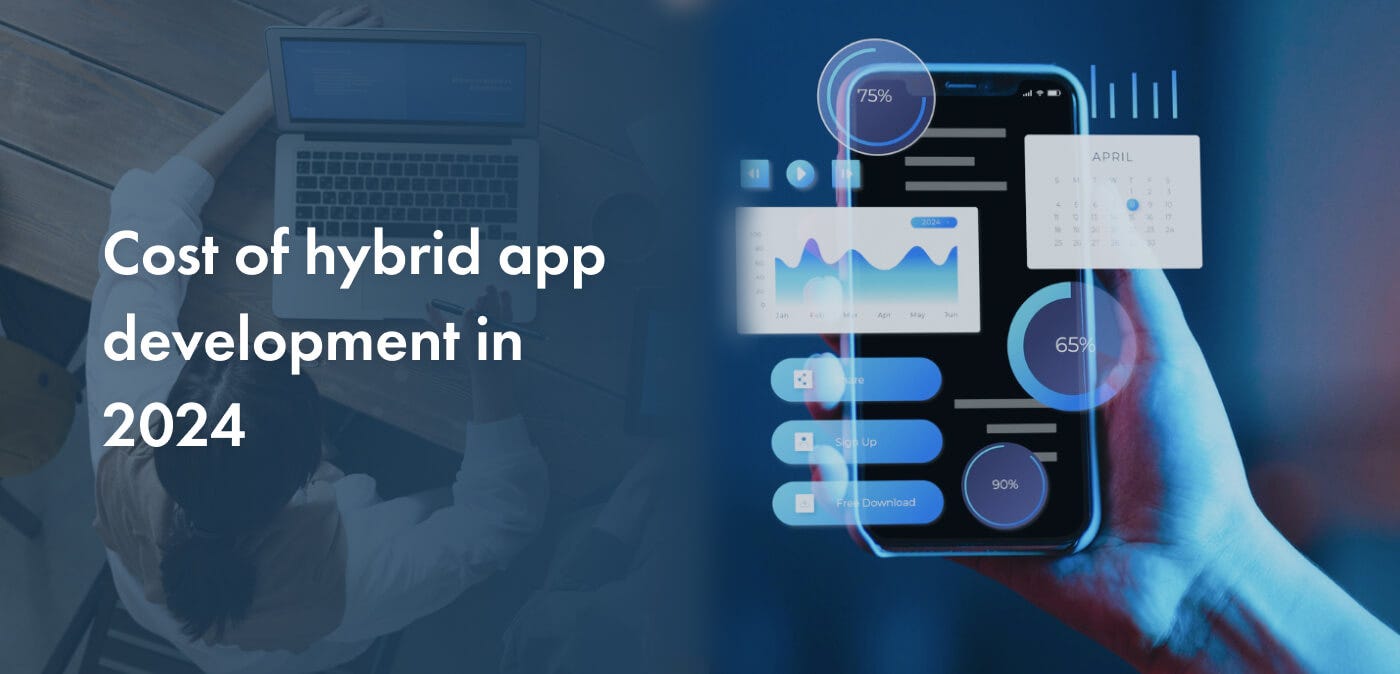
The app revolution is upon us! But with so many options – native apps, hybrid apps, and web apps – choosing the right development path can feel like navigating a digital labyrinth. Fear not, intrepid developer! This guide will demystify the app development battlefield, equipping you to choose the champion that best suits your project needs.
The Native App: A Heavyweight Contender
Imagine a sleek, powerful app built specifically for a single platform like iOS or Android. That’s the native app. Native apps leverage the device’s native features (camera, GPS, etc.) for an unparalleled user experience.
Pros:
- Blazing-fast performance and smooth user experience
- Full access to device functionalities for rich features
- Offline functionality (in some cases)
Cons:
- Separate development for each platform (iOS, Android)
- Potentially higher development costs
- Longer development time
The Hybrid App: The Agile Ally
Think of a hybrid app as a bridge between native and web apps. Built using web technologies like HTML5 and CSS, hybrid apps are then wrapped in a native app container. This allows them to function within the app store frameworks of different platforms.
Pros:
- Faster and more cost-effective development compared to native apps
- Single codebase for multiple platforms
- Access to some device functionalities
Cons:
- Performance might not match native apps
- Limited access to device features compared to native apps
- May feel less “native” in terms of user experience
The Web App: The Lightweight Challenger
Web apps are essentially websites disguised as apps. They’re accessed through a web browser, eliminating the need for app store downloads. Think mobile-friendly websites with added functionality.
Pros:
- Cost-effective and quick to develop
- Accessible across various platforms and devices
- No app store approval process required
Cons:
- Limited access to device features
- Reliant on internet connectivity
- May not offer the same level of user experience as native apps
Choosing Your Champion: A Roundhouse Kick to Confusion
So, which app development path reigns supreme? The answer, like most things in life, is “it depends.” Here are some factors to consider when choosing your champion:
- Project complexity: For simple apps, a web app might suffice. For complex features, native development might be the best choice.
- Budget and timeline: Hybrid apps offer a middle ground in terms of cost and development speed.
- Target audience and platform: Consider which platforms your target audience uses most.
Unleashing Your App’s Potential
By understanding the strengths and weaknesses of each approach, you can select the development path that best aligns with your project goals. Remember, the ideal app development champion is the one that delivers the best possible user experience within your specific constraints.
Ready to develop your dream app? Contact our app development experts today for a free consultation! We can help you navigate the development battlefield and choose the right champion for your project.
Welcome to High Quality replica watches uk Online Store, Buy the Best Replica Watches in the UK.
Best quality replica rolex watches is swiss watch brands 1:1 replica fake watch, high-quality swiss movement.
IWC replica show Swiss luxury replica iwc watch here best cheap price with AAA High quality fake watches.

Hi, this is a comment.
To get started with moderating, editing, and deleting comments, please visit the Comments screen in the dashboard.
Commenter avatars come from Gravatar.